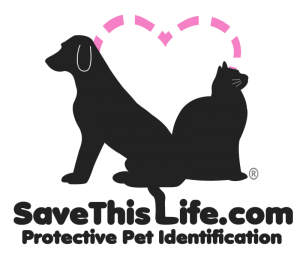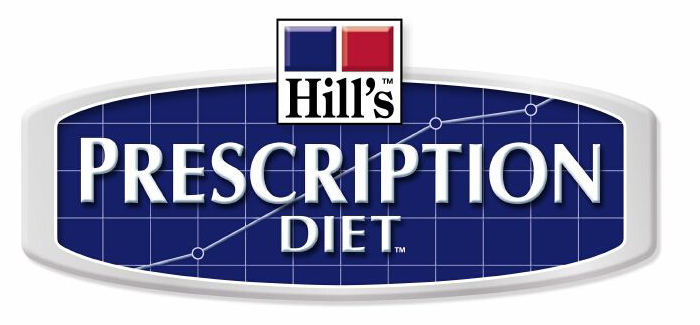Treatment Services
General and Specialized Surgeries
Our doctors are experienced in the most common surgical procedures. Anesthetic protocols are tailored to the patient and patients are monitored closely while under anesthesia. After each surgical procedure, patients are monitored by a veterinary technician until they go home. We offer surgical services including routine and soft tissue surgeries such as spays, neuters and mass removals. Our general surgery packages include the following:
Physical Medical Exam by the Veterinarian
Blood work to minimize anesthetic risks
Updating vaccinations if necessary
Monitoring your pet's heart, lungs, oxygen saturation levels, temperature, and blood pressure
Intravenous fluids to support the patient during his/her procedure
Pain management before, during, and after your pet’s surgery
Important Information for Your Pet’s Surgery
No food or water after 10 pm the day before or morning of the surgery.
Drop off is any time between 8 am to 9 am the morning of the surgery.
Please notify us of any medications given 12-24 hours prior to surgery.
In House & Reference Laboratories
Example slide showing Coccidia during a fecal analysis
Our in-house laboratory allows us to perform many types of testing that can aid in the diagnosis and treatment of your pet. Our state-of-the-art, in-house laboratory equipment allows us to diagnose your pet. We are able to perform many tests as they are needed for your pet’s care, including:
CBC (complete blood count) and serum chemistry analyzers
Urinalysis
Viruses (Parvovirus, Feline Leukemia Virus, and Feline Immunodeficiency Virus)
Heartworm Disease
Fecal Analysis (parasites such as hookworms, whipworms, tapeworms, and roundworms)
Ear, Mass & Skin Cytology
Skin scrapes
Glucose curves
We also utilize an outside laboratory for performing urine and skin cultures. This outside laboratory is Idexx Reference Labs, the nation’s premier veterinary diagnostic laboratory. Idexx Reference Labs can provide us with quick results for a wide variety of diseases, including the following types of tests:
Bacterial cultures
Fungal cultures
Comprehensive thyroid panels
Vaccine titers
Cytology
Histopathology
Diagnostic Digital Radiology (X-rays)
Example Digital Radiograph showing a Bladder Stone
Southern Hills Animal Hospital considers the use of digital radiograph technology as a critical tool in modern diagnostic procedures. Radiographs, which are commonly known as X-rays, are used to evaluate injuries and conditions which require more than external examination.
Radiology equipment gives us a non-evasive way to observe your pet’s internal physiology so that we can provide a more thorough and accurate diagnosis.
Digital imaging allows our staff to view X-rays more quickly, not to mention more clearly. Dr. Blakesley uses radiographs to detect:
Bone fractures
Bladder stones
Tumors
Soft tissue
Foreign objects such as toys or rocks
The imaging procedure is completely painless and can be performed on calm and cooperative pets without sedation. Dr. Blakesley may need to administer a sedative or general anesthesia in cases where a dog or cat has trouble becoming fully relaxed naturally.
Your pet may have to be dropped off for the day if X-rays are necessary. However, we can often have X-rays taken immediately and have the information we need in urgent situations.
Dental Cleaning, Scaling, Polishing & Extractions
BEFORE
AFTER
Periodontal disease is present in an estimated 80% of dogs and 70% of cats by 2 years of age!
It begins when bacteria in the mouth form a substance called plaque that sticks to the surface of the teeth. Subsequently, minerals in the saliva harden the plaque into dental calculus (tartar), which is firmly attached to the teeth. It includes gingivitis (inflammation or reddening of the gums) and periodontitis (loss of bone and soft tissue around the teeth). Studies have shown that periodontal disease is associated with microscopic changes in the heart, liver, and kidneys that could be detrimental to these organs.
While brushing your pet's teeth can help reduce plaque accumulation and therefore slow down the progression of periodontal disease, it cannot remove tartar and it's not possible to reach every part of the tooth. For that reason, we recommend regular dental cleanings by a veterinarian to help remove plaque and tartar before it can cause permanent harm to your pet's mouth and internal organs.
Initial signs include bad breath and gum inflammation, but unchecked, periodontal disease can lead to tooth loss and damage to internal organs like the liver, kidney and heart. Routine dental cleanings are aimed at prevention - keeping your pet's body healthy, by keeping the mouth clean.
If you feel your pet might be ready for a dental, schedule a Courtesy Dental Exam today!






















